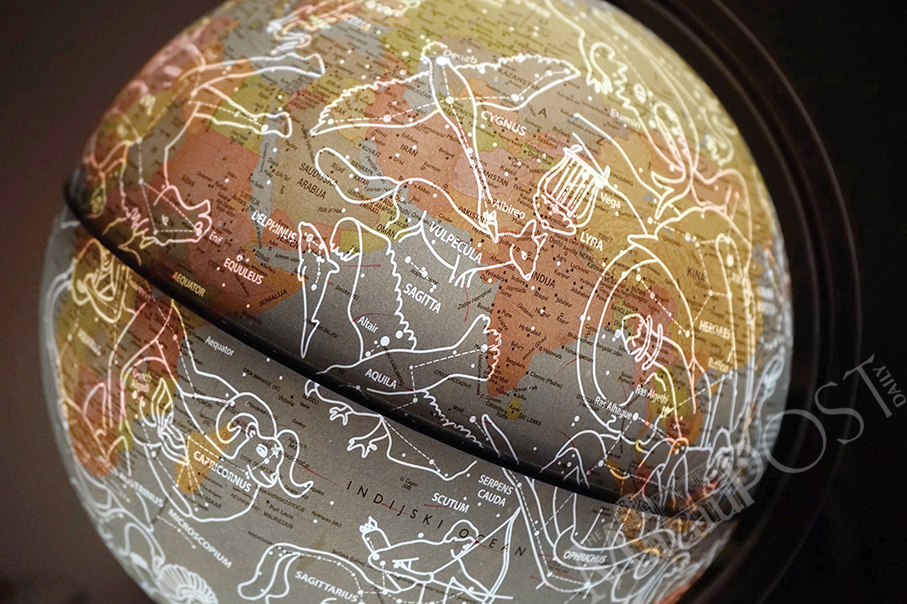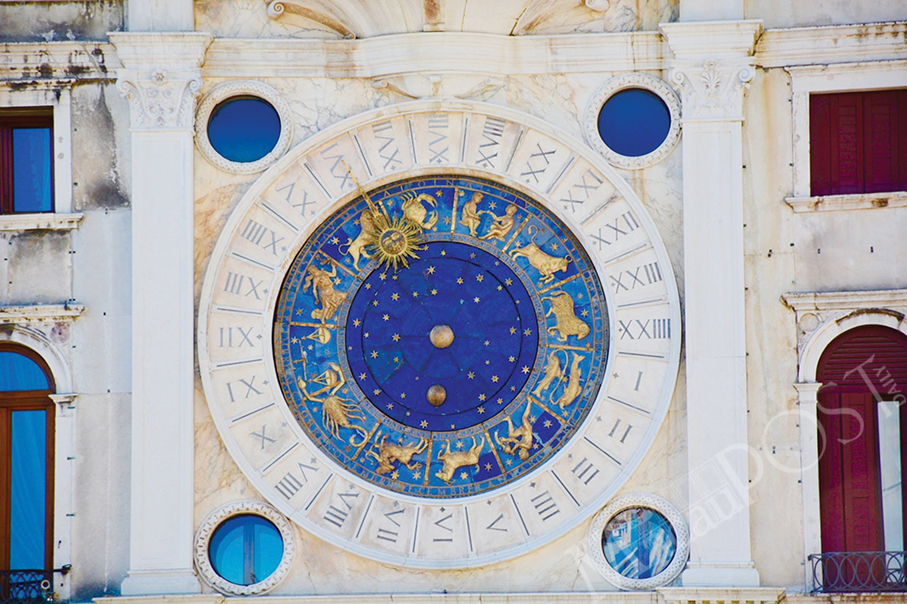When I was working as a student-librarian, one of my main responsibilities was to sort, staple and stamp newspapers before they went to their respective reading areas every morning. Aside from taking quick glances at the headlines, I could not help but take peaks at the horoscope sections of certain newspapers, attempting to see what fate supposedly had in store for me. Was it luck? Were any of my friendships in peril? Was fortune finally within my reach? At the end of the day however, all I really had was nothing, at least nothing that was predicted on the back of a newspaper. And that’s how it remained for the year and a half that I worked as a librarian, effectively cementing my disbelief in astrology and horoscopes.
Horoscopes, defined by Merriam-Webster, are “a diagram of the relative positions of planets and signs of the zodiac at a specific time (as at one’s birth) for use by astrologers in inferring individual character and personality traits and in foretelling events of a person’s life”. It supposedly has a role in what sort of personality traits one is expected to possess or what sort of events are going to happen in the future, having the power to dictate what your future entails or even determine the most suitable partner to date. However, what they say is not absolute and I believe that they should not be taken seriously, but rather just as entertainment. Why?
Aside from the personal experience, there are other reasons for my scepticism, and the first is how seemingly general they are. In the Understanding Science website article “Astrology: Is it scientific?”, when looking at whether or not astrology has aspects that could make it testable for science, it was noted that “some expectations generated by astrology are so general that any outcome could be interpreted as fitting the expectations”. This means that some of the predictions could apply to just about anyone.

Looking further, a 2018 episode from The Infographics Show on YouTube adds an example in the personality traits found in a specific zodiac sign with generalisations such as Capricorns being afraid of losing face, fearing criticism and expecting the best from their children, which again, can apply to anyone regardless of their zodiac sign.
With generalisations in mind, one can also consider accuracy. An interesting 2016 online article from The Smithsonian Magazine titled “How Are Horoscopes Still a Thing?” further noted the lack of science in horoscopes and astrology, stating: “There’s very little scientific proof that astrology is an accurate predictor of personality traits, future destinies, love lives, or anything else that mass-market astrology claims to know”. Chances of expert astrologers matching someone’s star chart with personality test results are also no better than chance, with a study by Shawn Carlson from the University of California in 1985 being a widely used example. More points are noted in the 2019 article “Is Astrology Real? Here’s what science says”, which pointed out that aside from making predictions no better than chance, it also is not backed by science, posing questions such as: “What exactly is the connection between the stars overhead when you were born and whether or not you should make big decisions in the summer?”
Horoscopes are, in my opinion, a fun distraction that should not be taken seriously. There are a number of reasons for my stance, which stems from personal experience as well as seeing that they can be general and the lack of science-based evidence. With this in mind, can a horoscope then really be enough to actually determine our fates, as well as the type of people that we are supposed to be?

Photos courtesy of Unsplash









